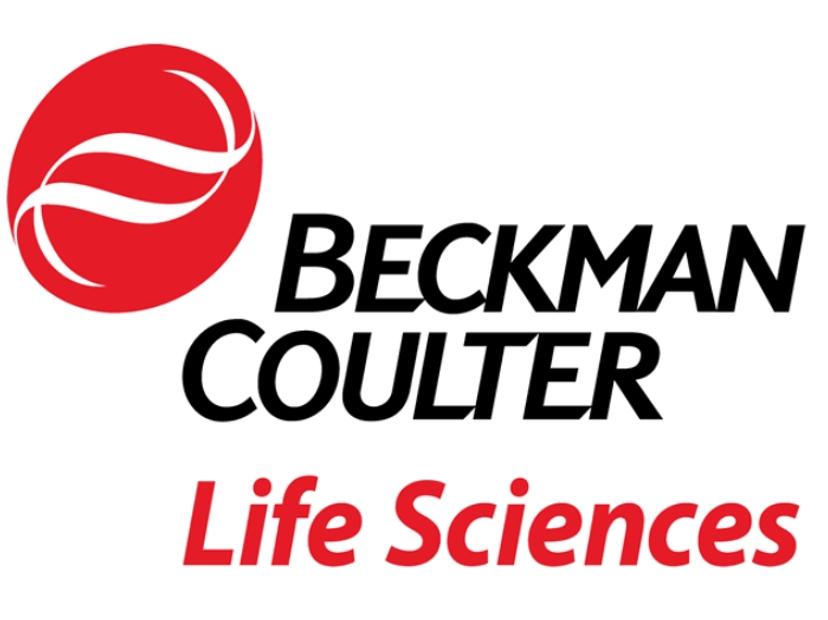Beckman Coulter Life Sciences release anti-TRBC2 conjugated antibody for flow cytometry
New research from Beckman Coulter Life Sciences highlights advancements in the identification of T-cell neoplasms
15 Jan 2024

Beckman Coulter Life Sciences, a global leader in laboratory automation and innovation, has developed the first commercially available anti-TRBC2 conjugated antibody for flow cytometry, providing greater clarity to clinical researchers in the identification of T-cell neoplasms in areas including cancer research.
Traditional approaches to identify clonal T-cell expansion can be complex and challenging, relying on the assessment of abnormal antigen expression, which can be difficult to clearly identify and can overlap with reactive T-cell subsets. B-cells can offer a richer and more simplistic solution, with the detection of clonal B-cell expansion enabled by the staining of both surface kappa and lambda immunoglobulin light chains utilizing flow cytometry.
The TCR constant β chains 1 and 2, or TRBC1 and TRBC2, are randomly selected during T-cell development in the thymus and are mutually exclusive. Normal T-cell populations include a mix of the two, while clonal populations include only one. TRBC1 and TRBC2 staining using flow cytometry offers a low-cost, rapid, and specific T-cell clonality test. Both can be conjugated to any dye in the Beckman Coulter Life Sciences portfolio through Custom Design Services either as a standalone conjugated antibody, or part of liquid or dry custom panels.
Currently for Research Use Only (RUO), the company is pursuing development of a diagnostic version for commercial availability.
